It is brave to tackle a topic as death in a documentary, which has ceased to be a part of our everyday experience (but not in our destiny, what else we would like!).
Our culture has finished hiding so essential moment, that used to be another social event.
First relegating it to the intimacy of the family. Then, inadvertently, leaving it in the hands of the health system, which initially embraced the responsibility, perhaps in the belief that Almighty Medicine someday will avoid it.
But death is stubborn, and continues to end our stories, although the technology already allows the miracle of keeping with appearance of life a body that is not a person yet.
This leads to undignified, even pathetic situations. “Vegetable” without remedy maintained by the fear to the farewell, doctors taking vital decisions that don´t correspond them.
Fortunately the sense of dignity is returning to its site. In this documentary we can see a glimmer of the movement of return to have a death with dignity.
The struggle for the right to decide about our own lives has been championed especially by citizens/patients. In this case the heroine is a doctor, Jessica Nutik Zitter, whose compassion pushes her to take the trouble, time and – why not say it – evil swallow of discovering and respect the desire of the patient, when there is no more to do.
This is not always easy, because most of us run away from the thought of our own death and have not written this kind of will, which would alleviate this final decision to family and health care professionals.
If the purpose of the documentary was impacting us emotionally and awakening a debate so this practice is widespread, more or less it succeeds.
But if it wanted to get involved personally, put ourselves in the place of the dying man, make us thinking about how we want to spend those moments, it falls short. We don´t know if it longs just 24 minutes because the director wanted to avoid the saturation of the viewer, but it certain leaves us with hunger, especially to those of us who have been near the end.
If we decide to talk about death by a time, why not doing deeper?. My impression was it flies over above the theme without dipping in depth, in the details nothing accessories. Perhaps in a second part?
What did I miss?
The point of view of the patient. We always tend to see the scene from outside, nobody is dares to put more in the skin of the protagonist (normal, is very difficult!).
We don´t see the palliation, how the patient is prepared for his end in the way less painful possible, and here, there is much to explain about.
The process of the farewell with the being dears is touches very by over, and I think that is essential. Not only if it is carry out with “open doors”, but give the option to do it at home (and how).
And entering in more depths, how we manage the farewell in life, i.e., if we have the culture of celebrate the life that is ending, when the interested is still with us. With the liturgy and importance that we are capable to give when already our loved has gone. It would be advisable that he/she could “shut down” well, celebrate the successes, forgive the grudges…
One of the critical moments is when a secondary character, whose testimony would have given a lot of stars in. The wife 38 years old, who is offered the disjunctive of “die naturally or not”. Because she doesn’t want to die, normal! Surely she never be raised her own death.
And you, does death catch you unprepared?
So, while we are here, while we still have time, we should celebrate life, until we will celebrate death.
Javier Martínez de Sarría
IC-HU Friki Zone

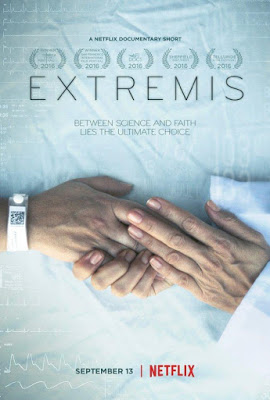

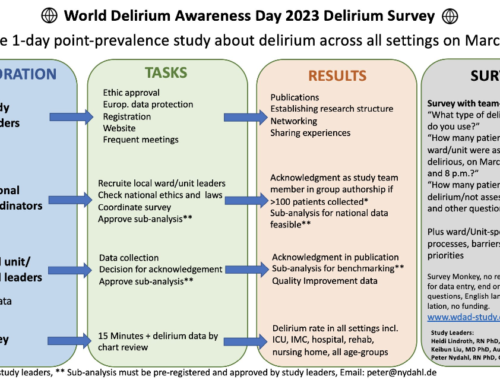
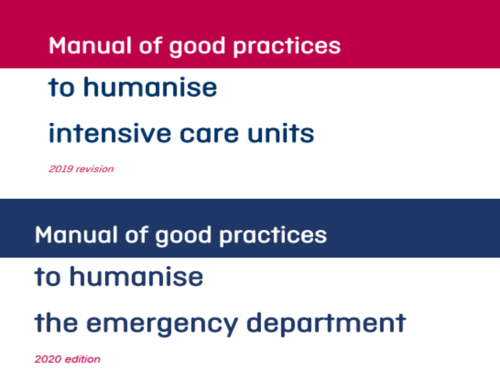
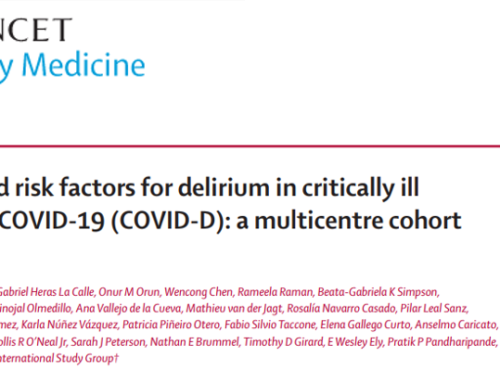
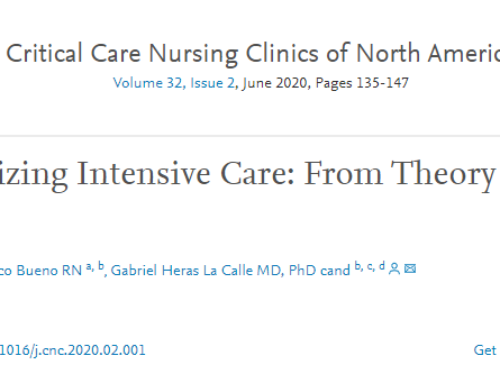
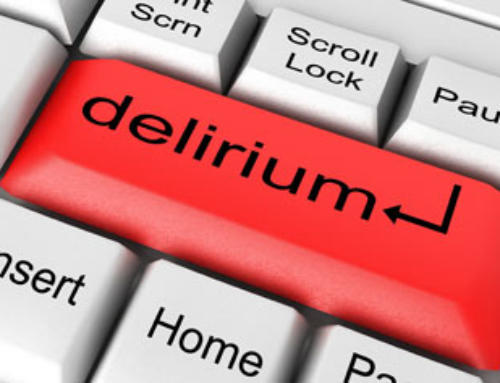
I read this and struggled to understand most of it because it needs to be proofread.
Why did the 38 year old new grandmother pass? What wrong with her? Broke my heart.
I wondered that too, what the heck! You’re so young 38 that’s just that young wonder what was wrong… R.I.P